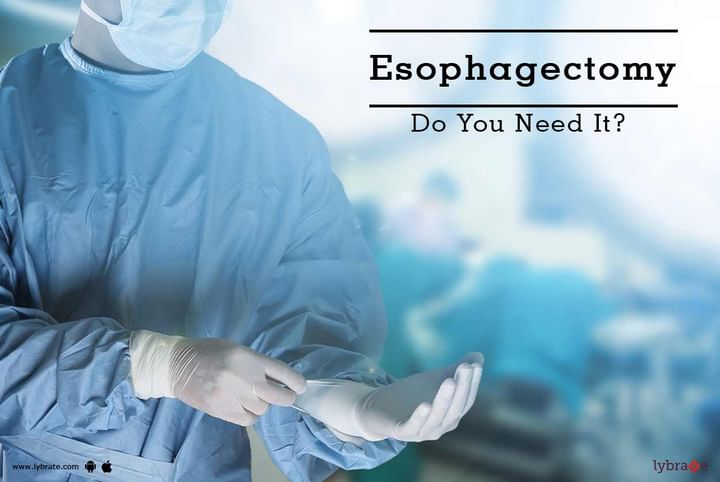Esophagectomy - Do You Need It?
Esophagectomy is a procedure of removing a part of the esophagus and reconstructing the same using another organ of the body. The esophagus is the tube that connects the stomach and the mouth. This procedure is often performed in an advanced stage of esophageal cancer and Barrett’s esophagus. This procedure removes the cancer cells from the esophagus and gives relief from the symptoms. The organs from where the reconstructing tissues are taken are generally large intestine and stomach.
Many esophagectomy surgeries are performed with minimally invasive techniques. The latter is commonly known as laparoscopic surgery. This is a procedure where numerous small incisions are made in order to perform the surgery. This procedure results in faster recovery and reduced pain as compared to the conventional surgery.
Newer methods such as Robotic surgery are being adopted by many doctors these days. Procedures like these can access the esophagus through places such as the throat, collarbone and abdomen. They make a minute incision to get to the exact location of the cancer and treat them with an improved precision, unlike the conventional surgical methods.
An important aspect of treating this condition is to determine the procedure that is going to be implemented. To determine this, doctors uses imaging techniques such as PET scan, CT scan and an MRI scan. A doctor might also prescribe other tests such as FNAC and endoscopic ultrasound. Heart evaluations are also conducted before the surgery to ensure that there are no complications involved while performing the surgery.
Before Esophagectomy
Unless the cancer is detected at a very early stage, most doctors recommend radiation or chemotherapy or both. These treatments help to shrink the size of the cancer and make for an effective esophagectomy. Both chemotherapy and radiation have their set of side effects, which include loss of appetite, fatigue, hair loss, vomiting and skin discolouration.
After Esophagectomy
Post the procedure, a patient cannot directly consume food. He is required to consume food through a pipe for a duration of four-six weeks. Adequate nutrition is required during this phase to recover quickly. Once the patient is able to resume a normal diet, it should be ensured that he takes food in reduced quantities to make up for the reduced stomach size.
Follow-up
Almost 90% of patients who have gone through this procedure report an improved life quality. While lifestyle related adjustments have to be made, there could be regular follow-ups to ensure the below mentioned complications do not arise:
1. Breathing-related problems
2. Swallowing problem
3. Effectively managing heartburn and ensuring the pain is under control
4. A thorough review of the nutritional diet to be consumed by the patient to counter sudden weight loss.



+1.svg)
